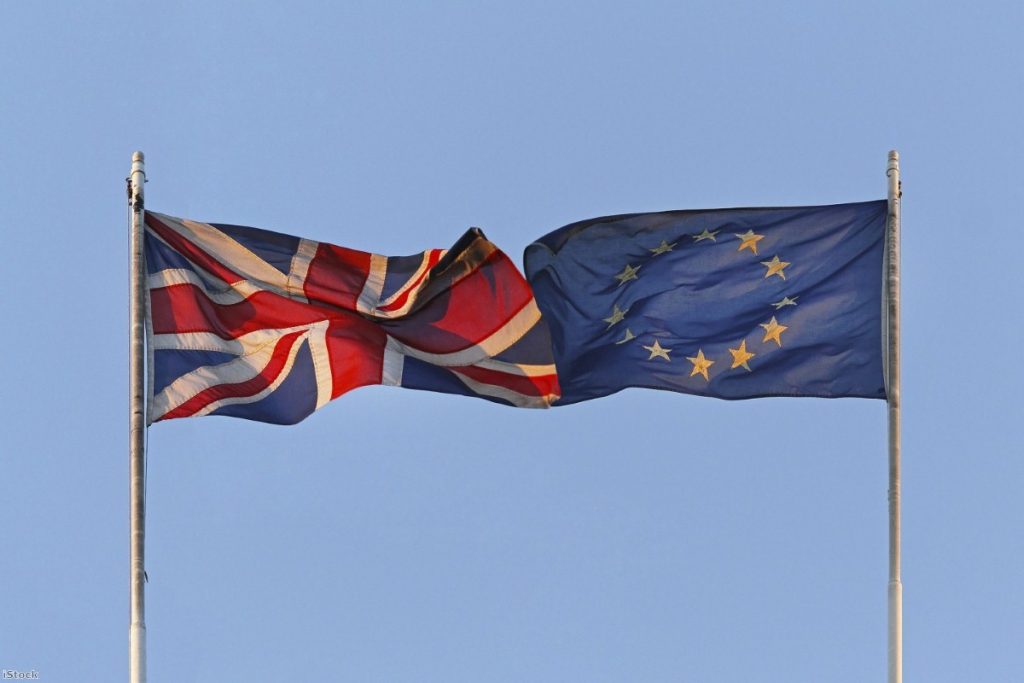A survey conducted by the British Chambers of Commerce (BCC) has found that more than half (56%) of the BCC members surveyed who trade with the EU said they had experienced problems complying with new post-Brexit rules. 77% of firms trading under the deal said it had not helped them to increase sales or expand.
The group’s members, the majority of which are small and medium-sized businesses, highlighted difficulties administering EU rules on VAT, inconsistent application of customs rules and new limits on business travel.
The report marks the two-year anniversary of Britain’s post-Brexit trade deal with the EU.
Responding to the BCC report, the shadow international trade secretary, Nick Thomas-Symonds, said: “This is a damning report and shows the mess the Conservative government have made over trade policy. For over three-quarters of businesses to say that agreements struck by the government are not helping them to grow or increase their sales is unacceptable”.


The BCC’s director general, Shevaun Haviland, said: “Businesses feel they are banging their heads against a brick wall as nothing has been done to help them, almost two years after the TCA [trade and cooperation agreement] was first agreed. The longer the current problems go unchecked, the more EU traders go elsewhere, and the more damage is done.”
The TCA was the core of Boris Johnson’s Brexit deal and it is due to be reviewed in 2026, when it will have been in operation for five years. But the BCC is calling on the government to negotiate some changes immediately.
“There are clearly some structural problems built into the TCA which cannot be addressed until it is reviewed in 2026. But as we set out in our report to government there are some issues that do not need to wait on months of negotiations or major reviews to be fixed,” said Haviland.
Among the BCC’s demands are a Swiss-style deal with Brussels to eliminate checks on plant and animal products; a Norway-style deal to reduce complexities around VAT on low-value imports and ongoing unilateral recognition of EU industrial and electronic product standards.
Other recommendations in the report include creating a supplementary deal with the EU that “either eliminates or reduces the complexity of exporting food” for small and medium-sized businesses (SMEs); setting up another supplementary deal, similar to Norway’s, that would exempt smaller firms from the requirement to have a fiscal representative for VAT in the EU; and allowing CE-marked goods, which are approved for sale in the EU, to continue to be used in Britain after 2024.
The BCC also calls on the government to make side deals with the EU and member states to allow UK firms to travel for longer and work in Europe, and to reach an agreement on the future of the Protocol on Ireland/Northern Ireland with the European Commission in the early months of 2023, to stabilise our trading relationship.












